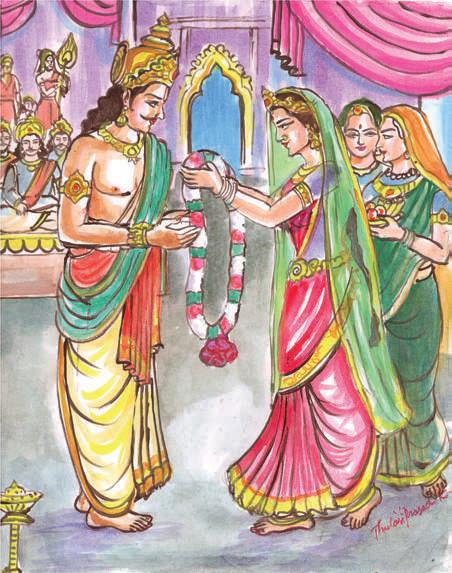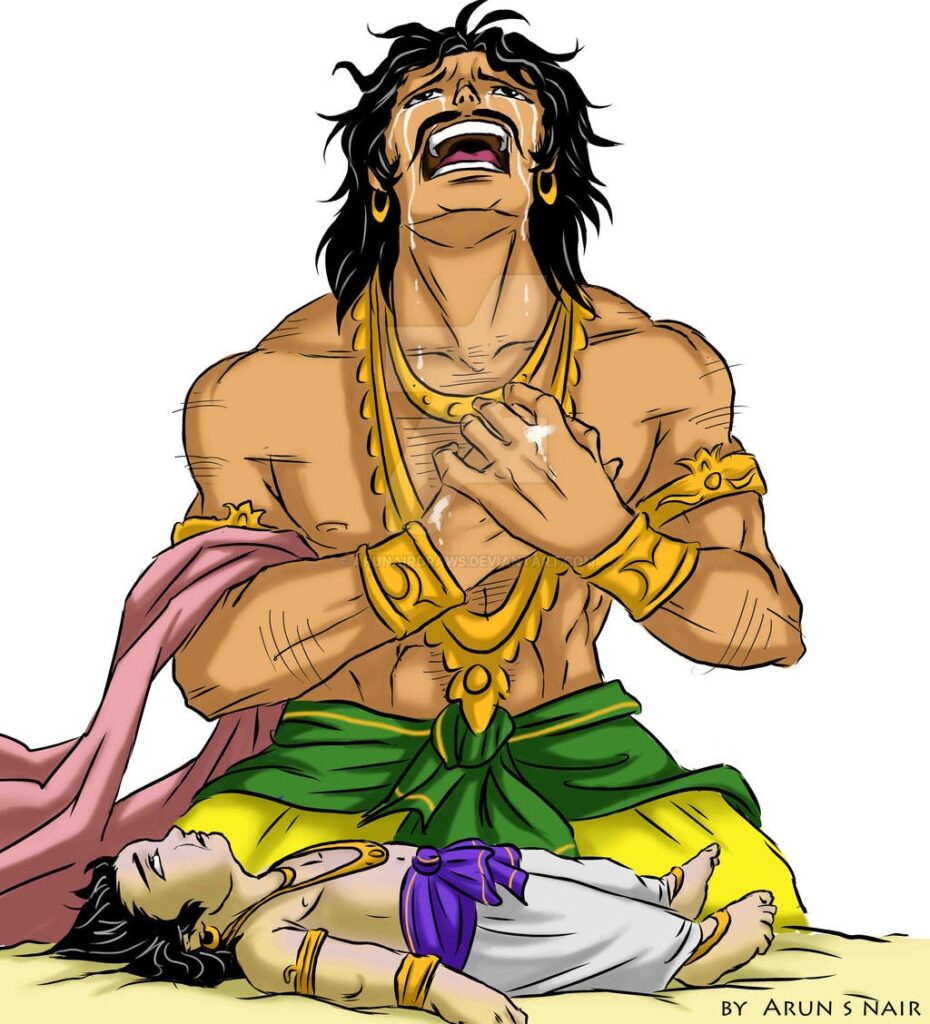Sri Suka Maharshi Sri Suka Maharshi is the divine son of Sri Vyasadeva, who is one of the incarnations of the supreme personality of Godhead. Rishi means one who controls his senses, which are called “rishika” in Sanskrit. Then the word maharshi refers to that saintly person who has reached the pinnacle of sense control Read More
Category: Srimad Bhagavatam
The Bhagavata Purana also known as the Srimad Bhagavatam, Srimad Bhagavata Mahapurana (Śrīmad Bhāgavata Mahāpurāṇa) or simply Bhagavata, is one of Hinduism’s eighteen great Puranas (Mahapuranas)
King Parikshit – The Grandson of Pandavas
King Parikshit There are two types of stories of Lord Krishna. One is told by Lord Krishna, which is Bhagavad-Gita, and the second is told about Lord Krishna, which is Srimad Bhagavatam. Both these stories are like torches in hand that show a path in the darkest material world. They show the perfect path for Read More
Ksheera Sagara Madhanam (Churning of the Milky Ocean)
Ksheera Sagara Madhanam Ksheera Sagara Madhanam is a fascinating story in Srimad Bhagavata by Vyasa Maharshi (Ashtama Skanda). The story has many implications from different angles (spiritual, philosophical, management etc.). Once Indra and other Devas lost their charm, lustre, strength and freshness due to Maharshi Durvasa’s curse. In contrast, the power of the Asuras increased. Read More
Queen Kunti Devi – Pure Devotee of the Lord Krishna
Queen Kunti Devi who was celebrated as the wonderful mother of Pandavas, was glorified as a pure devotee of the Lord Krishna in Srimad Bhagavatam. Generally, people know Kunti Devi as the mother of Pandavas, not as a devotee. However, the topmost devotion shown by Queen Kunti is not possible for anyone else except herself. Read More
Story of KING CHITRAKETU
King Chitraketu – Surasena King Chitraketu’s story is narrated in the sixth canto of Srimad Bhagavatam. He was ruling a kingdom known as Surasena. Though he had many wives, he did not have any offspring. By misfortune, all his wives became childless. Chitraketu was filled with agony due to childlessness. One day, AngiraRishi came to Read More



